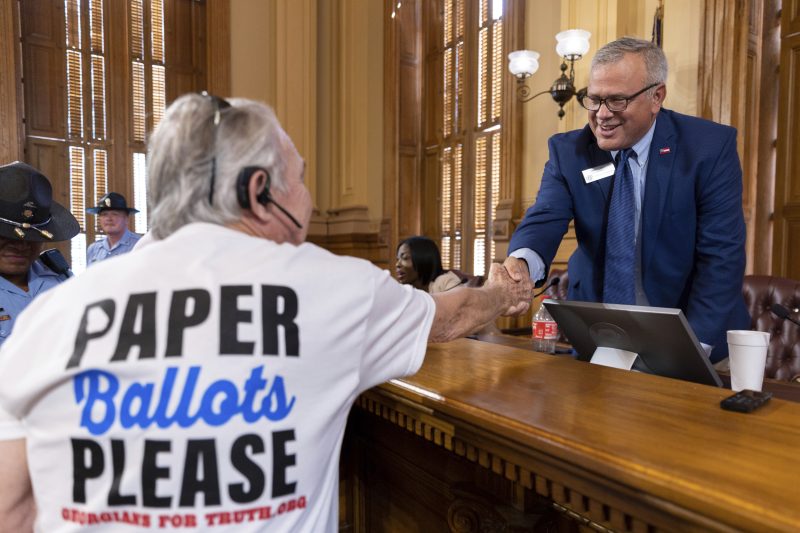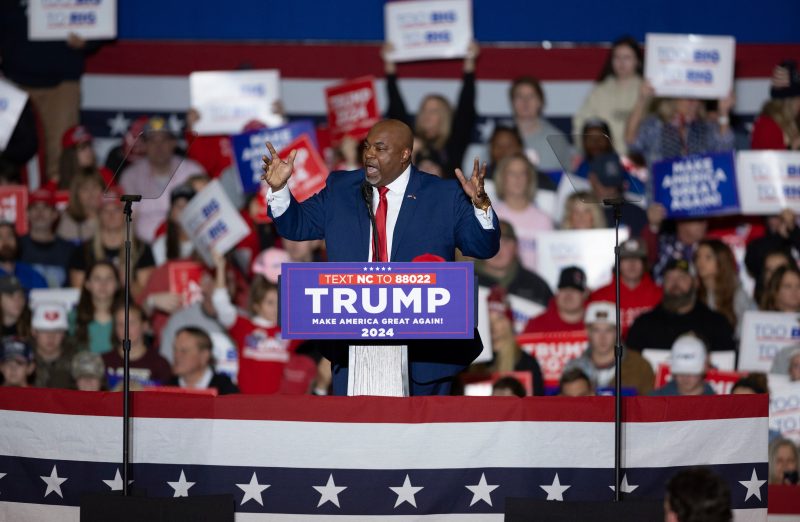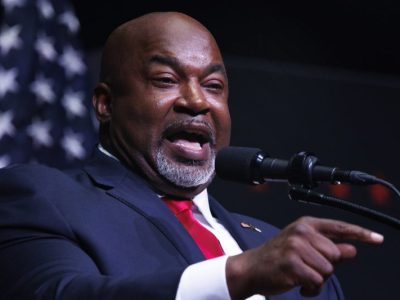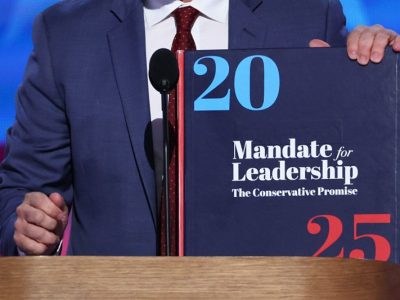
One of the defining characteristics of Donald Trump’s life has been his quest for acceptance. He is a Queens kid, son of a real estate developer from the outer boroughs, an origin story that comports with an innate insecurity; Trump’s career has been oriented to some extent around proving that he belonged in the Manhattan society where he ended up.
We’re well into the realm of amateur psychology here, admittedly, but let’s go one step further. Maybe it’s this instinct, this desire to prove that he has conquered New York, that leads Trump to keep predicting that he will win the state’s electoral votes in his bids for the presidency.
When he first made this prediction in 2016, he seemed to be serious. He did state-specific polling and explored investing significant resources in the state. And back then, who could confidently say it wouldn’t happen? This was a guy whose presidential bid was expected to be a flash-in-the-pan, an anomaly in which a celebrity threw his hat into the ring only to watch it sail out the other side. Then he unexpectedly won the Republican nomination and, well, New York was his home state. Maybe another miracle could happen!
It did not. Trump lost New York by more than 20 points. In his home precinct, he lost by nearly 40 percentage points. His campaign ended up not doing much in the state at all — a good decision, given that it allowed investment in states he won narrowly, sending him to the White House.
Four years later, though, Trump again offered the same promise: He would win New York. In an interview with the New York Post, Trump told his credulous interlocutors that New York was “in play” — a quote that the tabloid slapped on its cover.
“I’ll solve the crime problem. I’ll solve their tax problem. I’ll solve all their problems. Who would not vote for me?” Trump said. “We’re going to look into SALT. We’re going to look into crime. We’re going to look into all of the things and solve the problems — of many problems that they have in New York.”
“SALT” is a reference to a shift in tax law that meant people couldn’t deduct state and local taxes (SALT) from their federal returns. It was a shift that cost New Yorkers billions — and one that Trump signed into law as president.
Anyway, Trump went on to lose by more than 20 points again.
Another four years have passed, and hope springs forth once more.
“When I told some people in Washington, yeah, I’m going up to New York; we’re doing a campaign speech. They said, ‘What do you mean, New York? You can’t ever— Nobody can win. Republicans can’t win.’ I said, ‘I can win New York, and we can win New York,’” Trump said at a rally on Long Island on Wednesday night. “We’re going to win New York. And if you vote for me, I’m going to reduce your taxes, reduce your crime and reduce your levels of stress.”
Sounds a bit familiar.
The timing was unfortunate for the former president. On Thursday morning, Siena College released new poll results in the state; Trump trails Vice President Kamala Harris by 13 points.
This is admittedly closer than the results of actual voting have been over the past two decades. And Siena’s polls are reliable. It partners with the New York Times regularly, including in a national poll released this week that shows Trump and Harris tied. Siena’s June 2020 poll had Trump trailing by 25 points in New York; he went on to lose by 23.
Should Trump do significantly better in New York than he did in 2016 or 2020, it could reshape the dynamics of the election. For example, the gaps between the popular and electoral votes seen in both of those elections would likely be narrower, given the size of New York’s population. The state offers up the same number of electoral votes no matter how lopsided the result; a closer result potentially means a less lopsided popular-vote tally.
Trump’s optimism is likely rooted in the Republican Party’s success in the state in 2022. The party’s narrow majority in the House stems to a significant degree from overperforming in the Empire State. Plus, the Republican gubernatorial candidate, Lee Zeldin, did better than expected against incumbent Gov. Kathy Hochul (D). But Zeldin still lost by more than six points against a not-very-popular and not-well-known Hochul. Harris is well-known and popular, according to the Siena poll. (Hochul, incidentally, is currently less popular in the state than Trump.)
On average, New York has been 20 points friendlier to Democratic candidates over the past six presidential elections than voters nationally have been. If the state ends up backing Harris by only a bit over 10 points in a narrowly decided contest, that’s a big shift and a big improvement for the GOP.
But losing New York by more than 10 points is not winning New York. Whatever his motivation for making these bold predictions, it’s likely that Trump is about to go 0 for 3 in the state. His desire to earn the approval of New Yorkers will almost certainly remain elusive.











